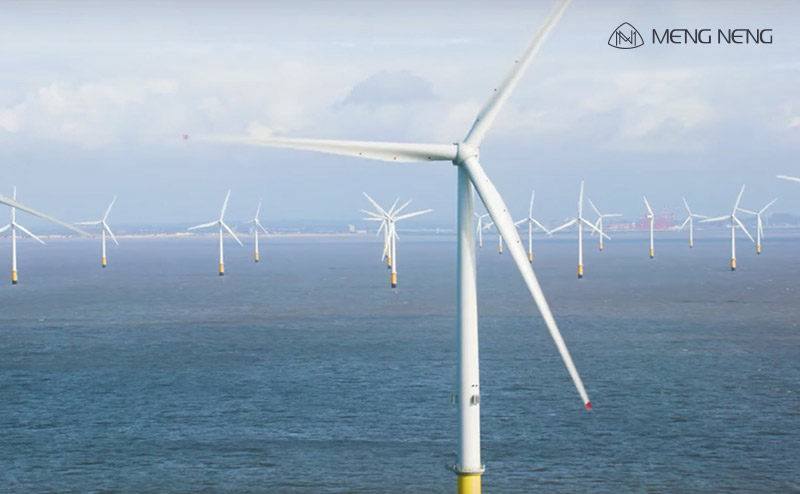Key Factors and Methods to Enhance Coating Corrosion Resistance
Coating weather resistance refers to the ability of coatings to maintain their properties after long exposure to climatic and environmental conditions. Coatings with good weather resistance can withstand UV rays, rain, salt mist, and other harsh environments, preventing peeling, discoloration, corrosion, and other phenomena, thus extending the service life of the coating. This article will discuss the factors affecting coating weather resistance and how to improve the weather resistance of coatings.

I. Definition and Importance of Coating Weather Resistance:
Definition of Coating Weather Resistance: Coating weather resistance refers to the ability of a coating to maintain its performance under prolonged exposure to different climatic conditions. A weather-resistant coating can resist UV rays, moisture, thermal cycles, and other environmental factors, maintaining its original color, gloss, and mechanical properties.
Importance of Coating Weather Resistance: Coating weather resistance is a key factor in ensuring the long-term effectiveness of coatings, especially in outdoor environments and harsh climates. Coatings with poor weather resistance will experience discoloration, peeling, cracking, and other issues, reducing their protective and decorative effects.
II. Factors Affecting Coating Weather Resistance:
UV Radiation: UV radiation is a major factor affecting coating weather resistance. Prolonged exposure to UV light can degrade the pigments and resins in the coating, leading to color fading and surface aging.
Temperature Fluctuations: Extreme temperature fluctuations can cause the coating to expand and contract. Repeated thermal cycles can cause cracks in the coating, affecting its overall durability.
Humidity and Moisture: Moisture and water can also significantly affect coating weather resistance. Long exposure to humid environments can lead to peeling, corrosion, or mold formation.
Chemical Substances: Chemical substances like acid rain and salt mist have significant corrosive effects on coatings, especially in coastal areas where salt mist is a major factor affecting coating weather resistance.
III. Methods to Improve Coating Weather Resistance:
Choosing the Right Coating: Choosing coatings with high weather resistance, such as UV-resistant, high-temperature-resistant, and corrosion-resistant coatings, can enhance the performance of coatings in harsh environments.
Adding UV Stabilizers: Adding UV stabilizers or light stabilizers to coatings can effectively enhance their ability to resist UV radiation, thus extending the service life of the coating.
Increasing Coating Thickness: Increasing the thickness of the coating can enhance the protective ability of the coating and improve its durability.
Controlling Application Environment: Coating should be applied under suitable temperature and humidity conditions to avoid environmental factors such as high humidity and low temperatures affecting the curing and adhesion of the coating.
IV. Conclusion:
The weather resistance of coatings is a critical factor in determining their long-term performance. By choosing the right coating, adding UV stabilizers, and controlling the application environment, the weather resistance of coatings can be effectively improved, ensuring the long-term stability of coatings in harsh environments.